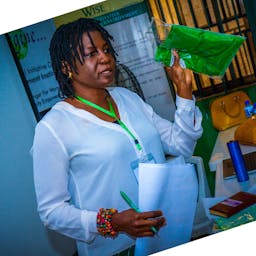Water Access and 2014 World Water Day: A Gender Disparity Perspective
Jan 21, 2015
Story
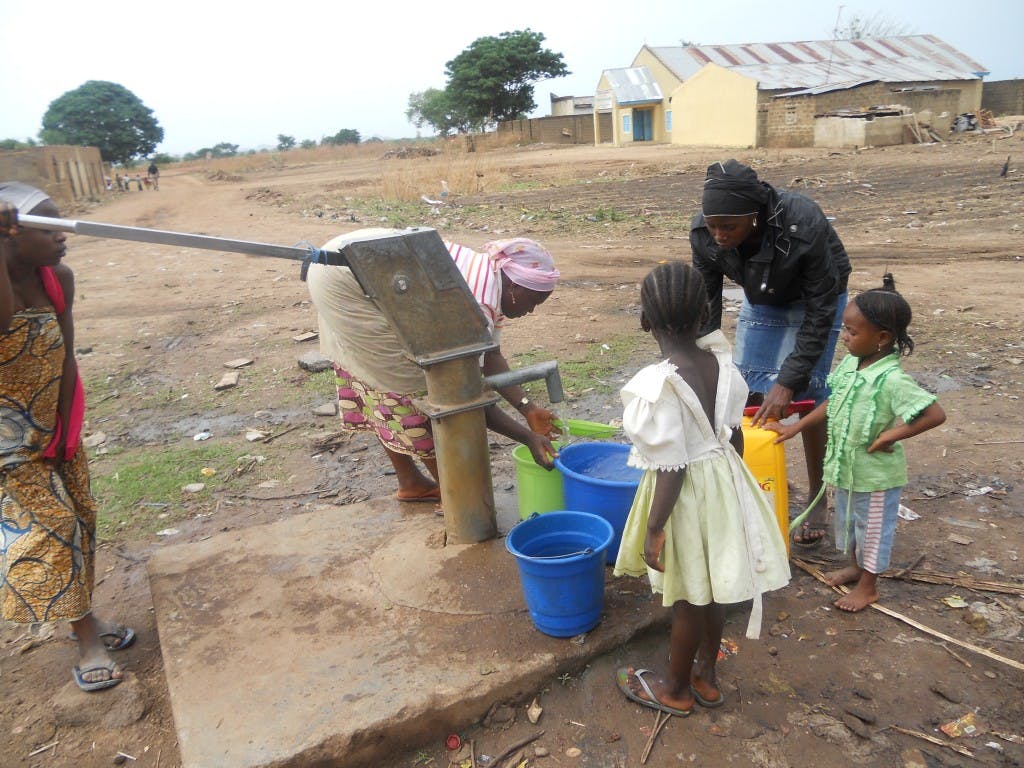
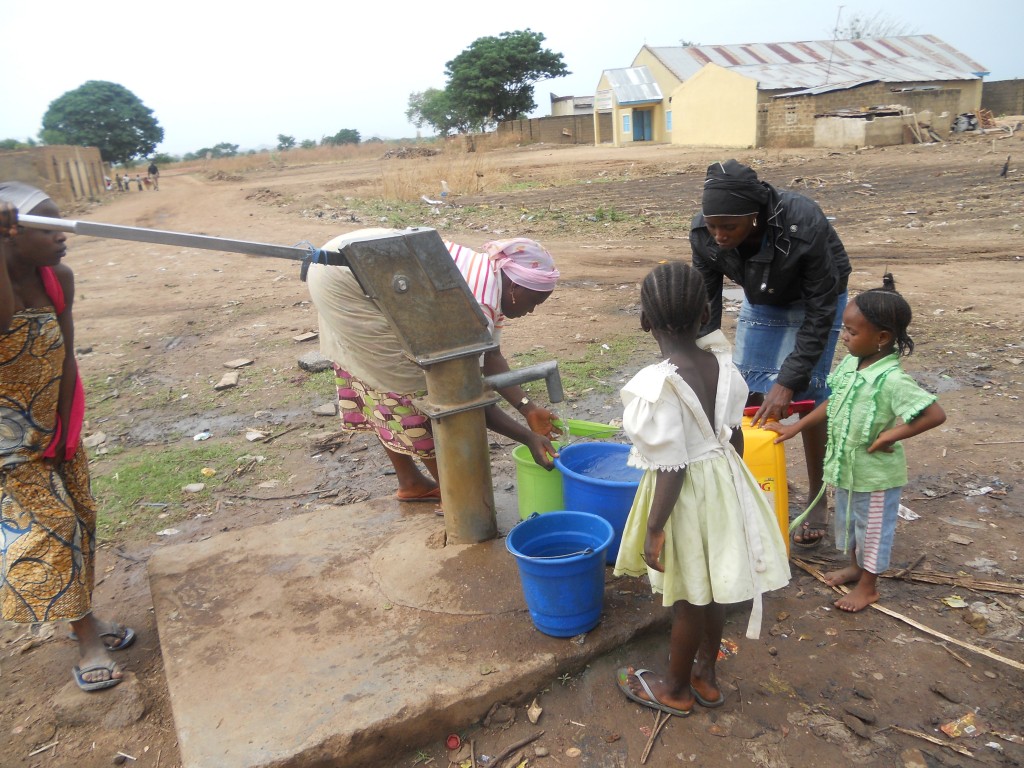
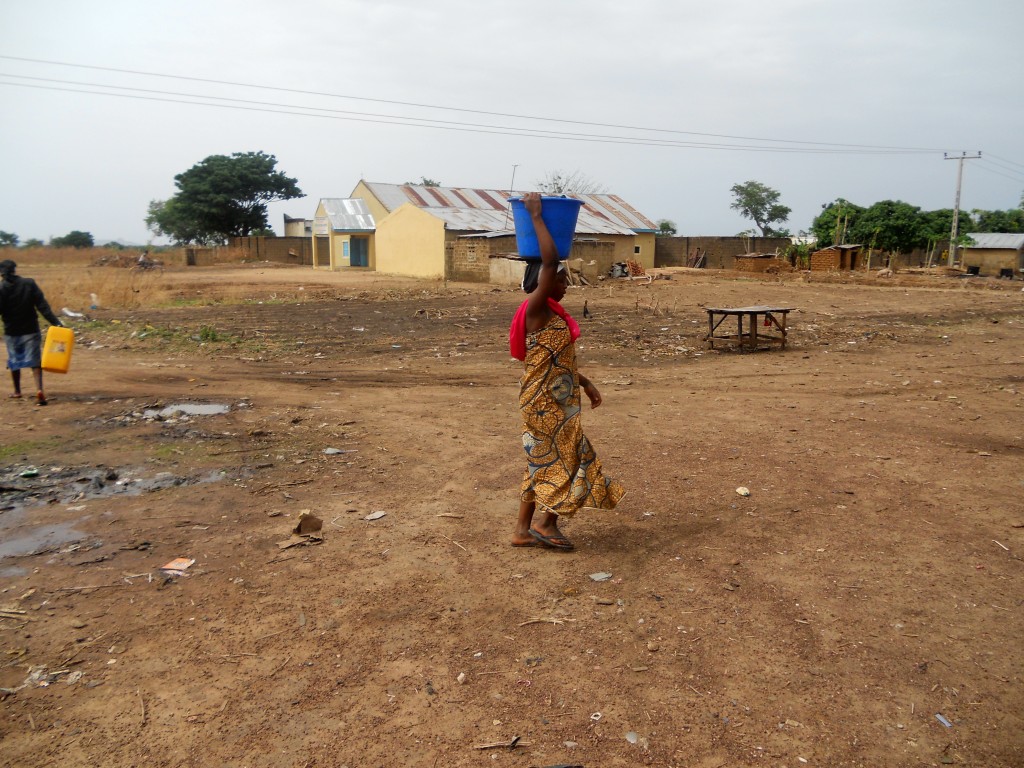
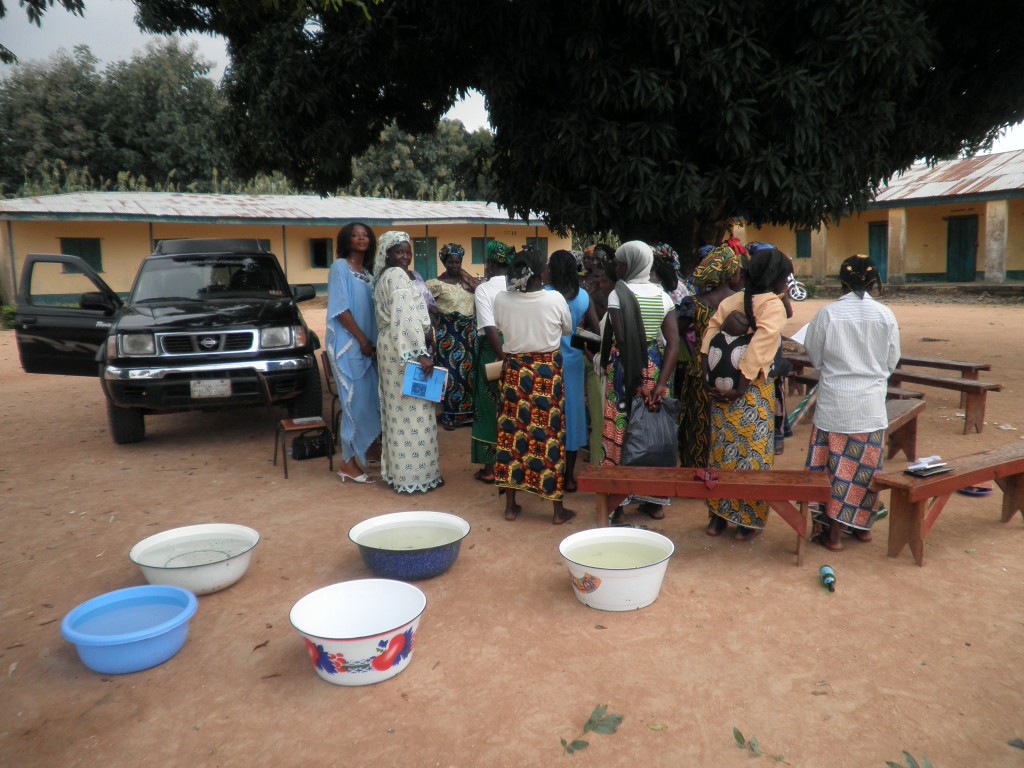
A saying goes that if wishes were horses, beggars will ride. If I have my way, I would mark the World Water Day with various women groups drawn from a number of communities in Kaura Local Government Area (LGA) of Kaduna State. This sincere wish however remains a fantasy in the face of renewed attacks on communities by suspected Fulani herdsmen; which has caused heightened levels of displacement, fear, distrust, and insecurity across the locality.
The attack in three villages of Ungwar Sankwai, Ungwar Gata and Chenshyi all in Kaura LGA which took place in the wee hours of March 15th, 2014 resulted in the gruesome killing of over 150 inhabitants, while so many others were injured.As is often the case in times of conflict, women and children were the worst hit. When I called Agatha S. to get an update, I felt chills run through my spine when she said "My mother in-law was killed in the mayhem!". Only three weeks ago, Agatha had traveled from Kaduna to visit her late husband's mother and his relatives. "The entire village was almost completely raised to rubble as houses, churches, domestic animals and properties of members of the community were completely destroyed in the attack" she confirms.
March 22nd 2014, is World Water Day and one thing I am certain the survivors of that fatal attack will be reflecting on and celebrating is that they are alive. At the same time, governments, organizations and may be too, individuals across the World will organize various events to mark the day. A background statement on the United Nations Water website, reads "In 2014, the UN System – working closely with its Member States and other relevant stakeholders – is collectively bringing its attention to the water-energy nexus, particularly addressing inequities, especially for the 'bottom billion' who live in slums and impoverished rural areas and survive without access to safe drinking water, adequate sanitation, sufficient food and energy services. It also aims to facilitate the development of policies and crosscutting frameworks that bridge ministries and sectors, leading the way to energy security and sustainable water use in a green economy. Particular attention will be paid to identifying best practices that can make a water- and energy-efficient 'Green Industry' a reality.
The theme for this year's Water Day Celebration is "Water and Energy" and the streamlined Objectives include to:
- Raise awareness of the inter-linkages between water and energy
- Contribute to a policy dialogue that focuses on the broad range of issues related to the nexus of water and energy
- Demonstrate, through case studies, to decision makers in the energy sector and the water domain that integrated
approaches and solutions to water-energy issues can achieve greater economic and social impacts
- Identify policy formulation and capacity development issues in which the UN system, in particular UN-Water and UN-
Energy, can offer significant contributions
- Identify key stakeholders in the water-energy nexus and actively engaging them in further developing the water-energy
linkages
- Contribute as relevant to the post-2015 discussions in relation to the water-energy nexus.
Before I go on to express my opinion on the eye catching, attention calling and thought stirring theme and objectives, I would like to highlight the mind boggling statistics still making the rounds on water supply situation, globally. Among others are the following:
- Nearly a billion, 884 million people, majority of whom are women and children, do not have access to clean and safe
water. 37% of those people live in rural areas live in Sub-Saharan Africa.
- 84% of the people who don't have access to improved water, live in rural areas, where they live principally through
subsistence agriculture
- 1 in 8 people world wide do not have access to safe and clean drinking water.
- It is estimated that 443 million school days are lost each year due to water-related diseases.
- In developing countries, as much as 80% of illnesses are linked to poor water and sanitation conditions.
- Almost two-thirds, 64% of households rely on women to get the family's water when there is no water source in the
home
- By investing in clean water alone, young children around the world can gain more than 413 million days of health!
- Research has shown that for every 10% increase in women's literacy, a country's whole economy can grow by up to
0.3%.
- Even if the world reaches the MDG target on safe drinking water, 672 million people will still lack access to improved
drinking-water sources in 2015. (WHO/UNICEF 2010)
- Every year 3 million people die prematurely from water-related diseases in developing countries. The majority are
women and children in rural poor areas who lack access to safe water and sanitation.
- The number of people living in water-stressed countries will increase from about 700 million today to more than 3 billion
by 2025.
These vital statistics raises a couple of nagging questions on my concerned mind, as the world celebrates the '2014 World Water Day'. Can someone tell me what time bound achievements are there to celebrate? Another question, this time around, a very lengthy one which is begging for urgent answer is- How truly committed are world leaders to ending the plight of the women and children whose overladen heads, fragile backs and frail body frames bear the brunt of, and their tired legs and weather weather beaten feet, tired hands, sun scorched skin and sickly look unveil the impact of carrying heavy containers of contaminated water over long distances, back to their homes. Then a third question, which is - Given the high level of gender disparity which exists within the global water sector, will gender equality ever become a reality?
In the light of World Water Day, I count it necessary to stress the the issue of gender disparity in Nigeria's water sector. I know too well that it will also mirror the pitiable situation in other parts of the World. Women are the ones who play the traditional role of collecting and storing water for household use and they spend significant productive hours to do so. Sadly, this vital responsibility women faithfully carry out is often undermined, overlooked, or deliberately ignored. Women's voices are also not given priority place, when it comes to decision making; as intervention programs and projects pay very little or no attention to their needs and concerns. It can therefore not be overemphasized that an endless search for safe water locks up women's productive potentials, reinforces poverty and consequently engenders gender inequality. The 58th Commission on the Status of Women (CSW) facilitated by the Human Development Report Office recognized that "no country has achieved gender equality in human development, irrespective of the dimensions that one looks at". I am, nonetheless, sure that that this fact is not intended to undermine the possibility of achieving gender equality in development. It is therefore a welcome development that bilateral plans are underway to address inequities (inclusive of long standing gender disparities, I hope!) through the lens of the Water- Energy nexus.
I know that safe water for women is safe water for all! It is ultimately important for World Leaders to focus on and address the issues of access, security and gender in water development. While sharing her insight, Anna A. an indigene and woman leader in one of the communities under Kaura Local Government says " The issue of water still remains a major challenge in my homeland, and l pray that the Nigerian Government will put in more efforts to make sure that communities have sustainable access to safe water. Much so, the communities also have a role to play as they need safe water to stay healthy and alive. Essentially too, women in communities that depend on unsafe water sources need to be supported with information and skills that will help them improve the quality of household water, as they are the ones who mostly collect and store water for home use". She concluded by opining that "the strategic efforts of Non Governmental Organizations (NGOs), targeted towards addressing the challenge of water supply and safety will also go a long way".
There is urgent need to involve women in planning water programs and projects, so that their needs and problems can receive adequate attention. "Women, especially those in rural areas, face a lot challenges in accessing water and much needs to be done to alleviate their plight. However, I must acknowledge that the Kaduna State Government has started taking a number of steps in the right direction; such as encouraging community ownership and management of water projects" states Pastor Peter Kuzasuwat, a community development advocate, water specialist. For intervention programs and projects to have the desired impact, I suggest a comprehensive approach that will foster inclusion, empowerment and sustainability; vis-a-vis gender mainstreaming, community participation and ownership. There is no doubting that a strong political will and stakeholder involvement can do the magic.
